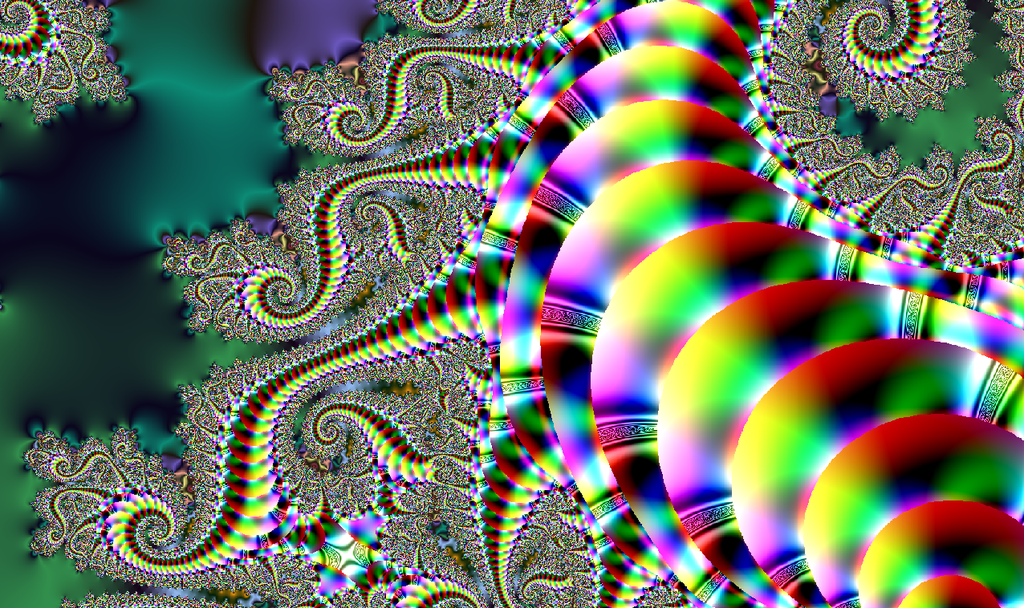
Andrea Luppi is first author of a study on the effects of LSD on the brain.
Our main finding is that the effects of LSD on brain function and subjective experience are not uniform in time.
Andrea Luppi
LSD induces a profoundly altered state of consciousness, but the effects on the brain are more nuanced and complex than previously thought, according to a new study.
The study, whose first author is Gates Cambridge Scholar Andrea Luppi, is published in Neuroimage.
Andrea’s work is concerned with studying consciousness and LSD is known to profoundly alter people’s state of consciousness. He says that studying the psychedelic compound is a powerful way to understand how the mind interfaces with the brain.
Although the subjective stream of consciousness associated with LSD is not stable, no previous studies have investigated how the compound influences the dynamics of functional connectivity in the human brain.
The researchers focused on the two fundamental brain network properties of integration and segregation, looking at MRI scans of brain network properties affected by LSD and individuals’ subjective experiences.
Their main finding is that the effects of LSD on brain function and subjective experience are not stable in time and that LSD makes globally segregated sub-states of dynamic functional connectivity more complex and weakens the relationship between functional and anatomical connectivity.
They show that LSD has dynamic effects on brain integration , that it frees functional connectivity from the constraint of structural connectivity, that increased small-world character of brain networks predicts ego-dissolution and that LSD increases the complexity of segregated brain states.
They say: “These results reveal a more nuanced, temporally-specific picture of altered brain connectivity and complexity under psychedelics than has previously been reported.”
Andrea [2019], who is doing a PhD in Clinical Neurosciences, states: “The psychedelic compound LSD induces a profoundly altered state of consciousness. Combining pharmacological interventions with non-invasive brain imaging techniques such as functional MRI, can provide insight into normal and abnormal brain function.
“From introspection, we know that the subjective stream of consciousness is a constant ebb and flow – so we explored the dynamic effects of LSD on human brain function, focusing on two key properties: integration and segregation of information in the brain.
“Our main finding is that the effects of LSD on brain function and subjective experience are not uniform in time. In particular, the well-known feeling of “ego dissolution” induced by LSD correlates with reorganisation of brain networks during a state of high global integration. These results reveal a new, dynamic dimension of psychedelic action on the human brain.”
*Picture credit: Fractal Xaos psychedelic by Ирина Печкарёва courtesy of Wikimedia commons.












